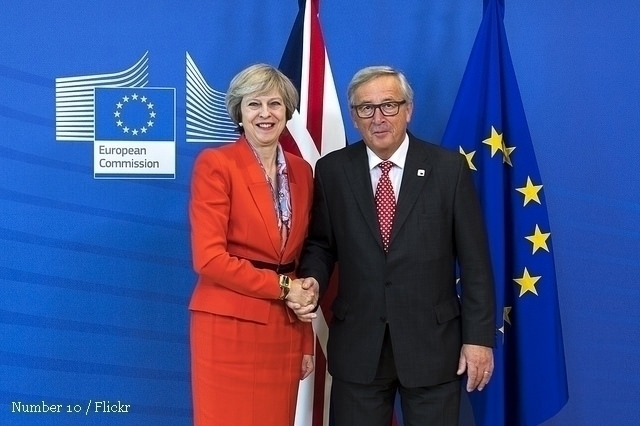Europe after Brexit
What path lies ahead of the European Union, once the UK has left the community bloc?

Leyla Cheamil, 22.01.2018, 13:16
A peaceful, united and prosperous Europe, is the ideal that the founding fathers of the European Union pursued. However, the economic crisis at the end of the past decade, the economic gaps between member states, the recent refugee crisis, and the security issue, have fuelled Euro-scepticism. What the EU is heading towards, and what route will it take to get there, are questions that the bloc’s decision-makers are trying to answer.
Europe’s cohesion has been questioned lately, after the Britons chose to leave the bloc, through the 2016 referendum, in a move that seemed unconceivable just years before and that generated a precedent for other discontent countries. Last week, with 324 votes in favour and 295 against, the House of Commons in the British Parliament endorsed the bill on the UK leaving the European Union. The EU Withdrawal Bill, forwarded to the House of Lords, prepares the country for a historic moment, as the Brexit Secretary David Davis put it. The actual divorce is scheduled to take place on March 29, 2019.
“We are leaving the European Union, but are not leaving Europe,” the British PM Theresa May had told the German newspaper Bild in an interview made public on Saturday. She argued that a change of mind over Brexit was not an option, thus rejecting an offer from the EU leaders for the UK to stay. But Mrs May mentioned that Britain stands by its commitment to Europe’s defence and security, and that London does not mean to break its ties to Brussels.
A special agreement between Britain and the EU, as London would like, is possible after Brexit, the French president Emmanuel Macron said in his turn, in an interview to the BBC. He warned that this special deal must be compatible with the rules of the single market and the interests of the EU members.
As if in preparation for the post-Brexit era, the leaders of the EU’s most powerful states, the French president Emmanuel Macron and the German chancellor Angela Merkel on Sunday reiterated their determination to further strengthen the cooperation between Paris and Berlin. Last week, just 2 days ahead of a crucial vote on the set-up of a government coalition between the Conservatives and the Social Democrats in Berlin, Emmanuel Macron had said France needed Germany to reform the EU.
In turn, chancellor Angela Merkel pointed out in Paris that governmental stability was important in order for the European project to move forward. Further to Sunday’s vote, the German Socialists decided to start negotiations on carrying on a broad coalition with the Conservatives.






























